Though University of Memphis law professor and state Senate minority leader Lee Harris seems to have opted out of a contemplated Democratic primary challenge this year to incumbent congressman Steve Cohen for the 9th District congressional seat, a replacement of sorts may be in the wings.
That would be Shelby County Commissioner Steve Basar, a Republican, who confided to the Flyer on Monday that he is actively considering making a race for the seat.
For decades, no Republican has finished higher than the low 40-percent range in congressional elections in the 9th, but Basar points out, for what it is worth, that in 2014 District Attorney General Amy Weirich, the Republican nominee, outpolled former Judge Joe Brown, the Democratic nominee, among the district’s voters.
If Basar should end up in a race against Cohen, that would create a situation whereby not only would the two main contestants in this predominantly black district be white, they would both be Jewish as well.
Harris has not yet been reached for comment, but the Flyer learned last week that he had changed his mind about running and had so informed Cohen, who confirmed receiving such a voice mail to that effect from Harris. The congressman said he would defer to Harris concerning any further statement on the matter.
UPDATE News of state Senator Harris’ change of mind regarding a race for the 9th District congressional seat, which was first noted by the Flyer last week, was made formal this week with Harris’ release of the following statement:
Late last year, I was approached by several Memphians who want to see a new generation of leadership. Their faith in me is humbling and, at their request, I promised that I would consider running for Congress. I have had an opportunity to serve my community in the Memphis city council, in the Tennessee senate, and as one of the top Democrats in the state, all of which have been honors that I never could have expected. However, after careful consideration, I have decided that now is not the time for me to run for Congress. I will continue to serve this community in the Tennessee senate, do my best to bring Memphians together, and continue to focus on getting things done
.
Tennessee Senate Minority Leader Lee Harris (D-Memphis)
• As was the case of its two previous full meetings in January, the Shelby County Commission managed on Monday to minimize the controversies — the main one being an ongoing power struggle with the administration of county Mayor Mark Luttrell — that have flared up regularly during the year or so since the election of 2014.
As was the case on Monday, the meeting of January 11th had owed much of its briskness to the relative sketchiness of its agenda, though the main reason why it moved along so fast may have been simply the determination of its presiding officer, chairman Terry Roland, to get things out of the way in time for everybody to be home to view that night’s NCAA collegiate football championship.
In fact, that meeting had literally concluded with Roland intoning the words, “Roll, Tide!” — an exhortation not to be found in Roberts’ Rules of Order, but one that was properly consummated later on by the University of Alabama’s convincing win over the Clemson Tigers in the championship game.
Football fanships aside, some fundamental disagreements do remain — even if in relatively muted form.
A subsequent special meeting of the commission last Thursday, held to announce and ratify the body’s legislative agenda for 2016, had also been a relatively pro forma affair — though four suburban Republican commissioners — David Reaves, Mark Billingsley, Heidi Shafer, and George Chism — dissented from a resolution requesting a three-year moratorium on further expansion of the state’s Achievement School District.
In December, the ASD announced plans to take over four more “failing” schools from the Shelby County Schools District, bringing to 30-odd the total number, most of which are located in Memphis. That resulted in protests from SCS, which operates its own i-Zone program for under-performing schools, and in proposed legislation to limit ASD’s powers or even to terminate it.
Monday’s commission meeting, though it was free of any extended dustups, as well, contained one clear disagreement of sorts that was barely spoken to. This was in the form of a resolution to award some $6,500 to the Memphis Gay and Lesbian Community Center to support activities on behalf of the homeless.
Like several other grants on Monday’s agenda, this one lumped together financial outlays from several of the commissioners, each of whom has a de facto budget for such contributions, which do require approval by the full body. The grant was sponsored by Commissioners Reginald Milton and Walter Bailey.
Commissioner Justin Ford, chair of the general government committee, which initiated the grant, and, like the two sponsors, an urban Democrat, added another $1,500 from his district kitty, bringing the total of the MGLCC grant up to $8,000.
Just before the vote was taken, Basar made a point of reminding his fellow commissioners that, when the vote was taken during last year’s budget session to provide each commissioner with a $100,000 fund from which to make individual contributions, the expected protocol would be for the commission as a whole to honor the request. His own vote would be in line with that expectation, he said.
That may have been Basar’s way of voting to approve the grant while partly dissociating himself from it. A few other commissioners — again, suburban Republicans — were more direct. Reaves voted no, while Billingsley and Roland abstained. Another Republican, Shafer, had left the meeting. There had been no public discussion as such, but, asked later on for his reasoning in opposing the grant outright, Reaves said he doubted that his constituents would be in favor of awarding funds to the designated recipient.
Thus it was that a social issue, one that in previous years, even some recent ones, might have aroused some uncomfortable debate, had diminished to the point of being a relative blip on the radar screen. But a blip it still is.
For the record, there was one moment of complete public harmony at Monday’s meeting. It occurred as the first order of business, with a special resolution honoring Memphis Police director Toney Armstrong, soon to be director of security for St. Jude Children’s Research Hospital, for “27 years of exemplary service in local law enforcement.”
The vote for that resolution was unanimous, and all 13 commission members happily gathered themselves around Armstrong later for a group portrait.
• Though it is almost certainly going nowhere, a bill has been introduced in the General Assembly that would prohibit presidential candidates who are not “natural born” from being on a Tennessee ballot or from receiving the state’s electoral votes. The sponsors of the measure, clearly aimed at Texas Senator Ted Cruz, are state Senator Jeff Yarbro and state Representative Jason Powell, both of Nashville.
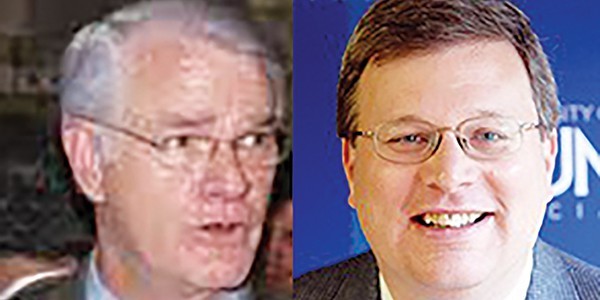
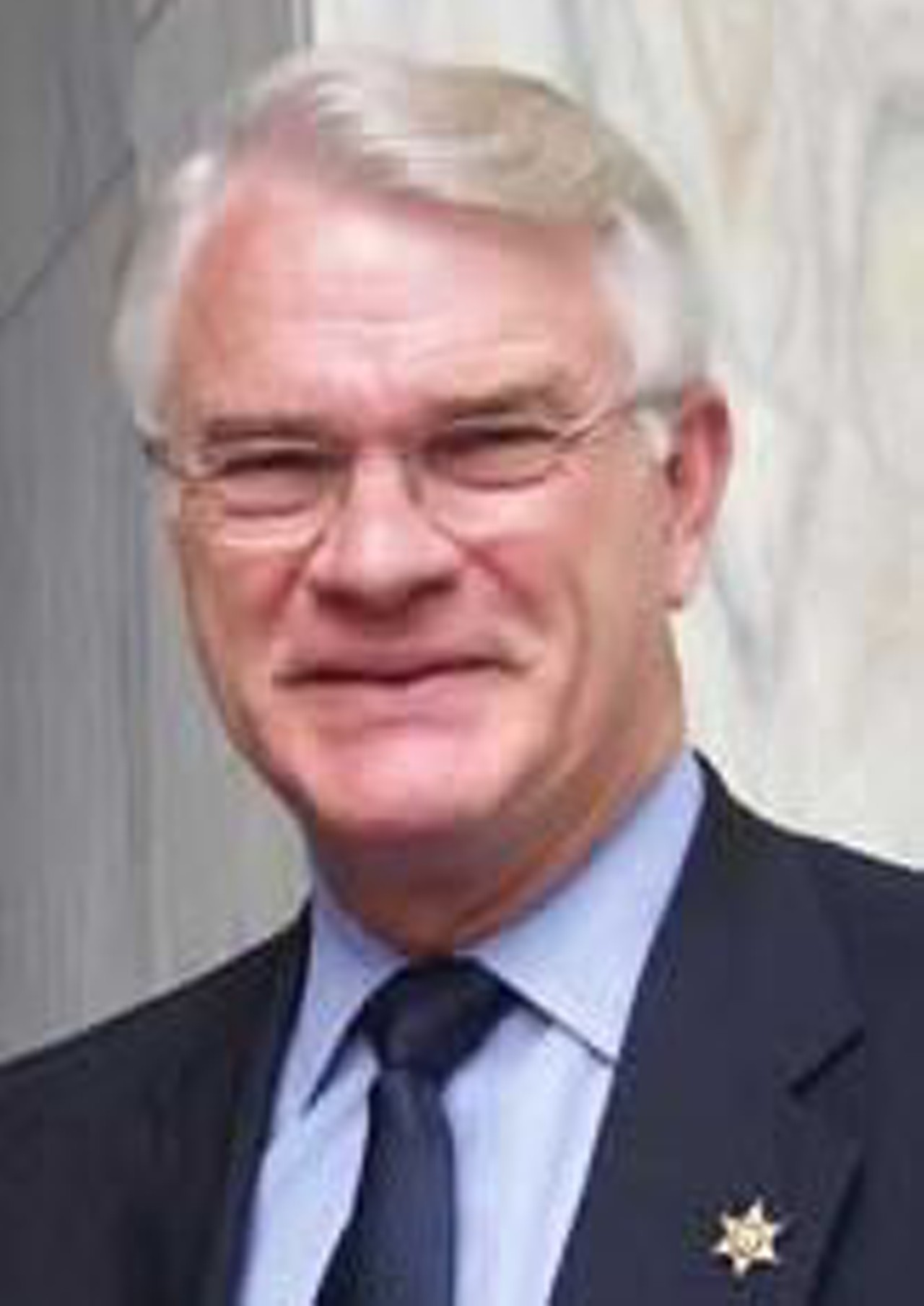

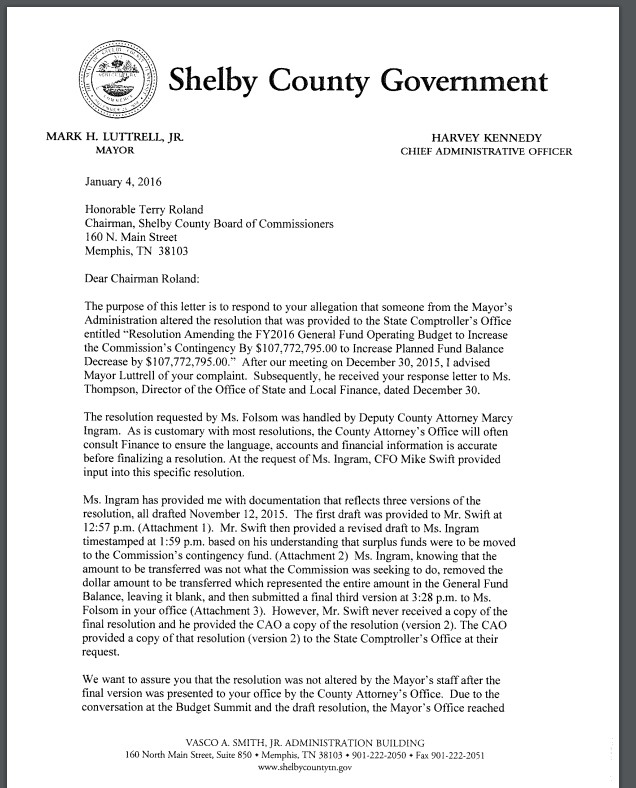
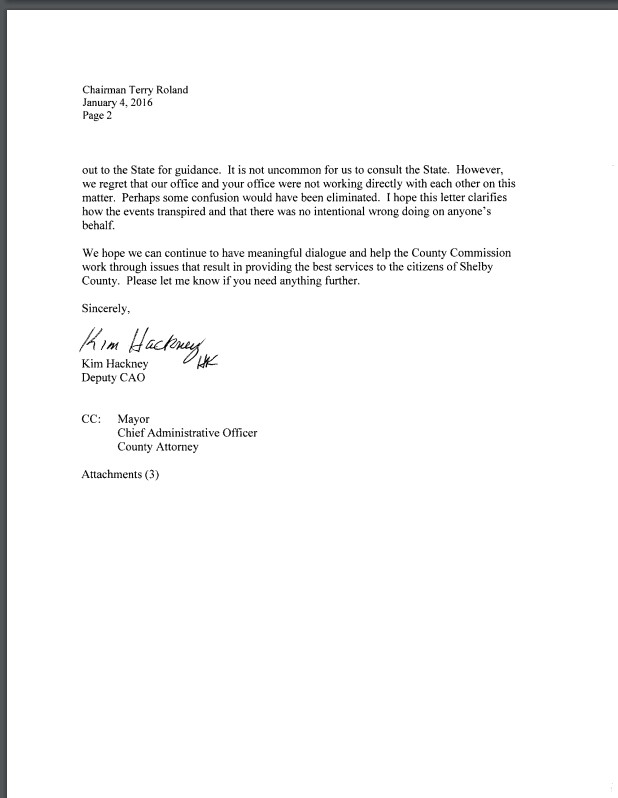
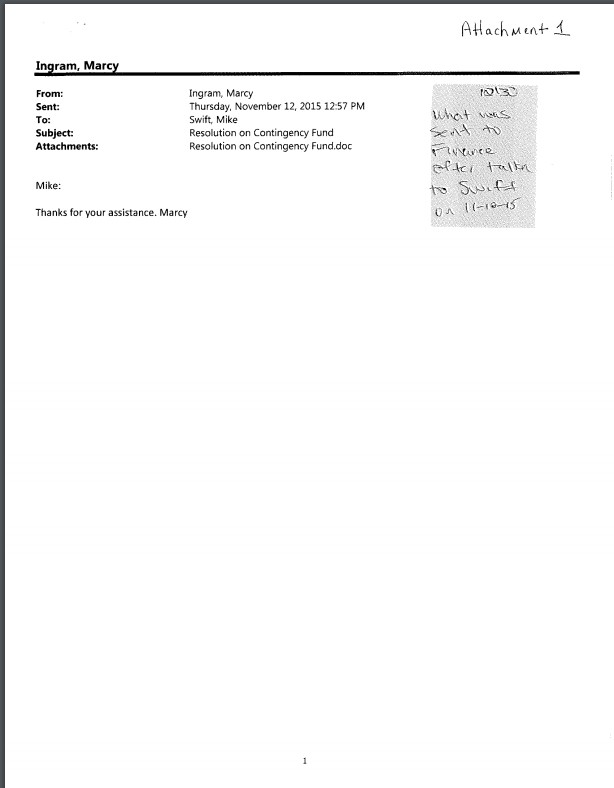
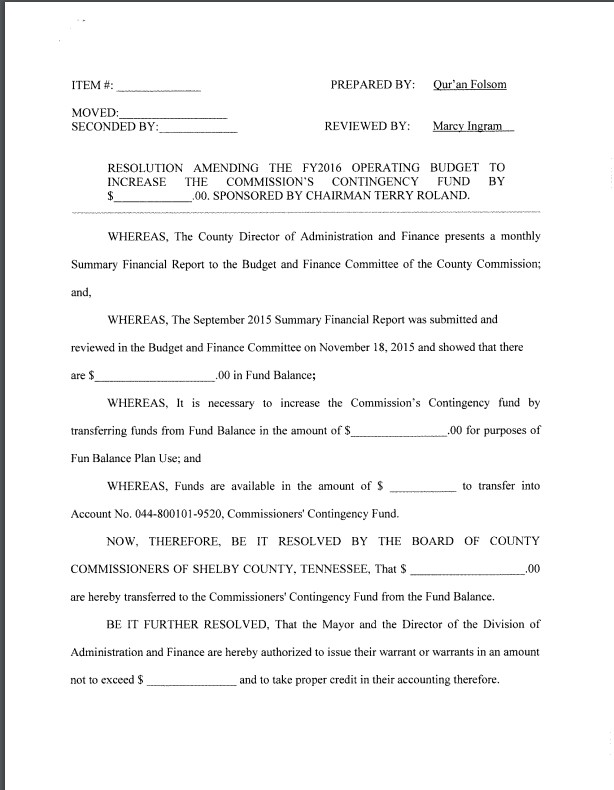
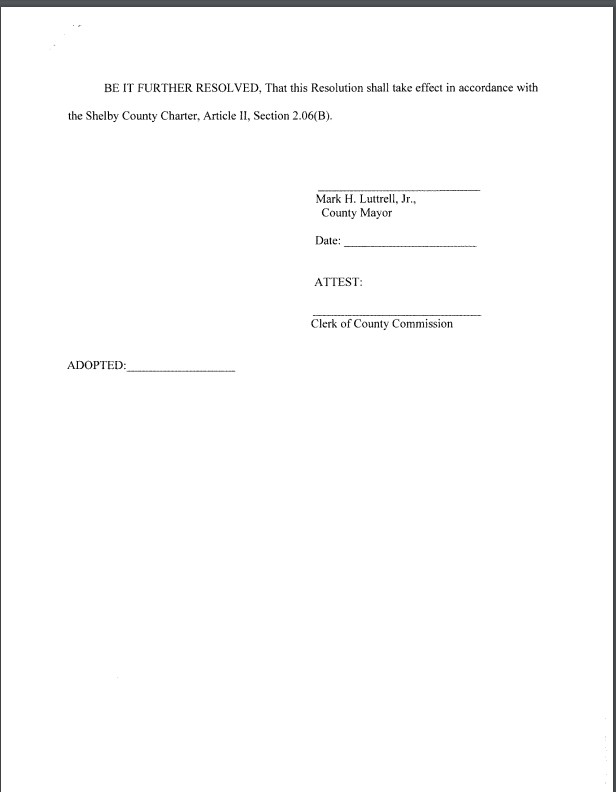
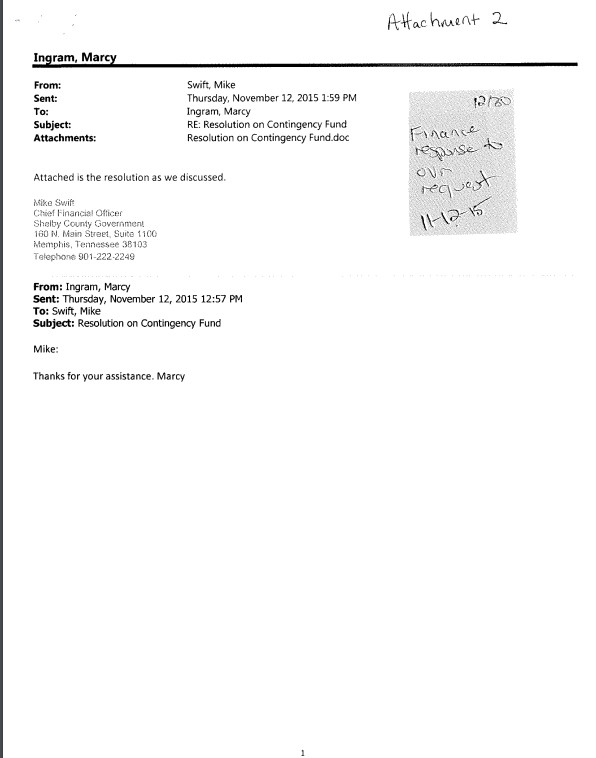
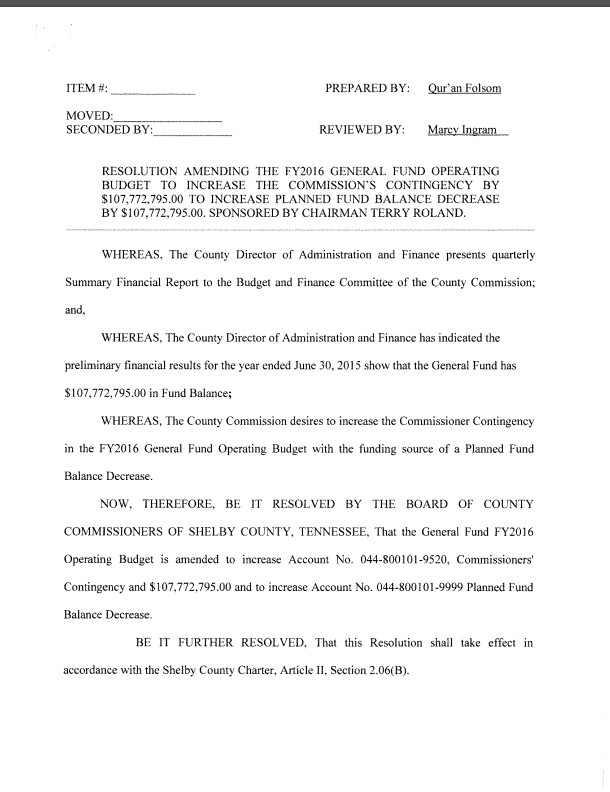


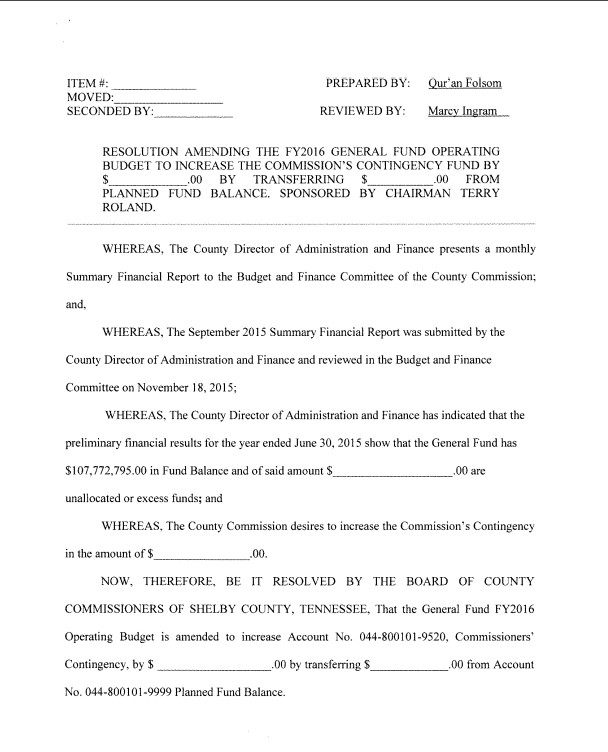

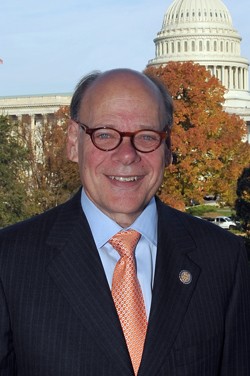
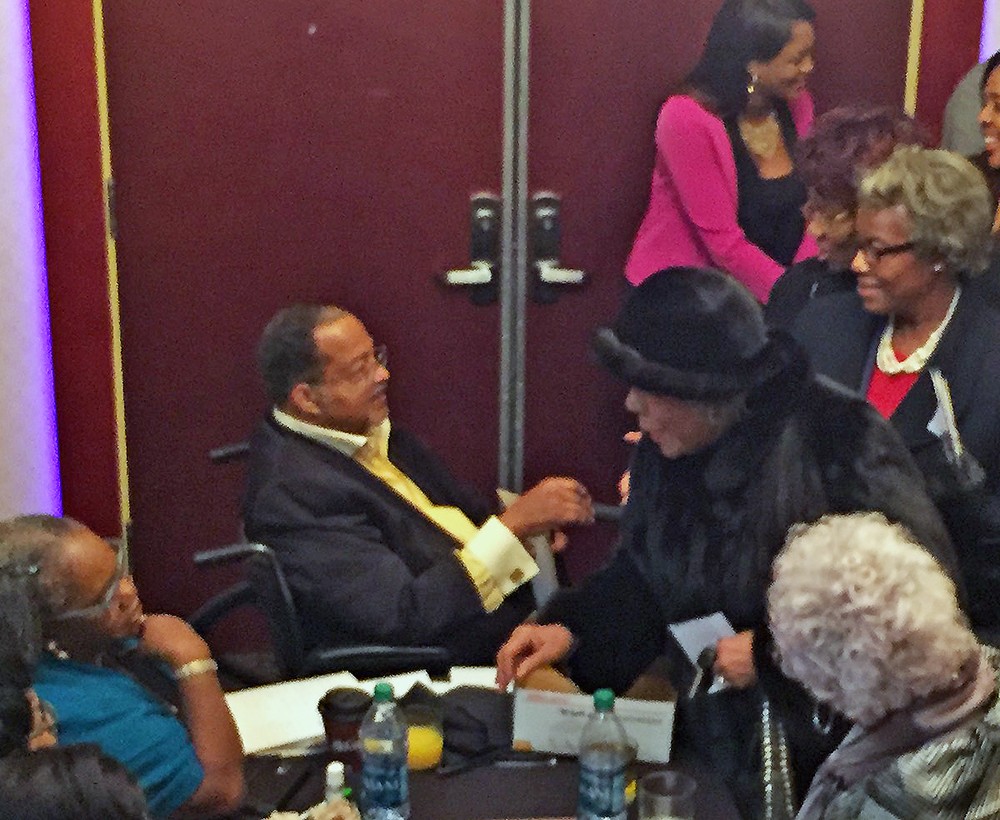 JB
JB  JB
JB 
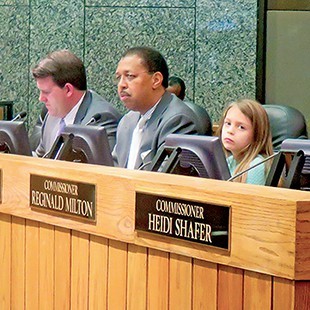
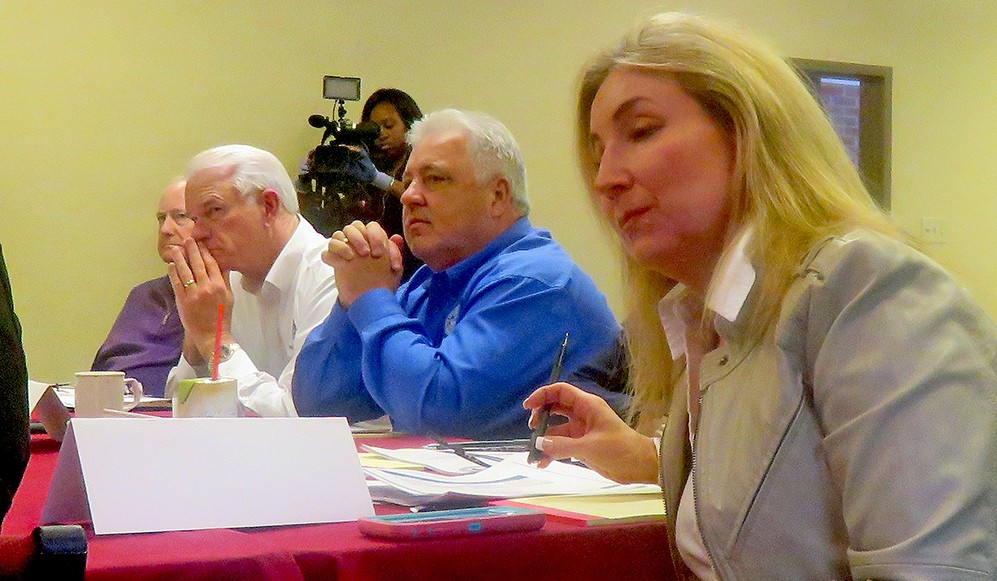 JB
JB  JB
JB 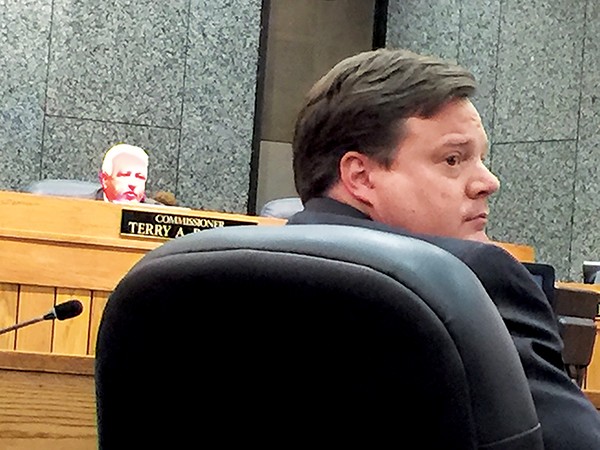 Jackson Baker
Jackson Baker